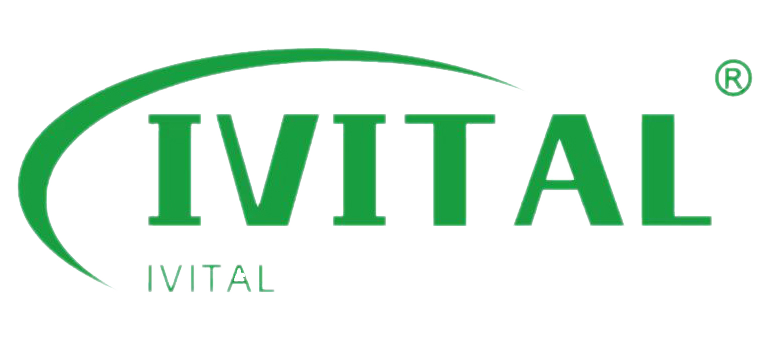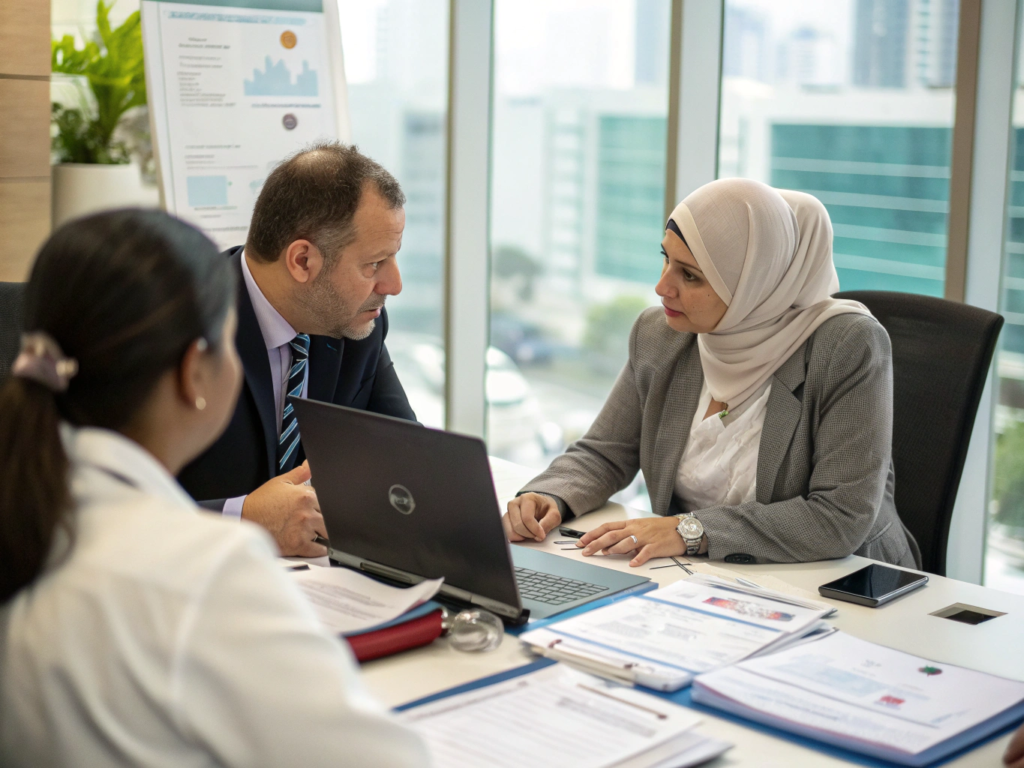The first time I exported electric hoists to three regions at once—Southeast Asia, the Middle East, and Africa—it took longer than I expected. Every country had different certification rules, and I didn’t know how to speed things up. After learning the hard way, I found a faster approach.
You can quickly obtain local certifications for electric hoists by working with authorized certification bodies, submitting complete documents at once, and using fast-track services offered by global agencies like Intertek and SGS.
Now, I help export managers avoid delays and reduce risks with fast-track strategies. Here’s my step-by-step guide.
[Table of contents]
- What Certifications Are Required for Electric Hoists in Southeast Asia, the Middle East, and Africa?
- How Can You Shorten the Certification Process for Exporting Electric Hoists?
- What Fast-Track Certification Solutions and Agencies Should You Use?
- What Documents Should You Prepare to Speed Up Certification and Customs Clearance?
- How Much Time and Cost Can You Save with Fast-Track Certification?
- Where Can You Find Certification Consultants and Customs Clearance Agents?
- Conclusion
What Certifications Are Required for Electric Hoists in Southeast Asia, the Middle East, and Africa?
When I first started exporting to these regions, I found different certification rules for each country. Here’s what you need to know.
Southeast Asia, the Middle East, and Africa all require product certifications for electric hoists to clear customs and enter the market. Each region has its own standards and processes.
Regional Certifications I Use
| Region | Certification | Issued By |
|---|---|---|
| Southeast Asia | SIRIM (Malaysia), TISI (Thailand), CR Mark (Vietnam) | Local standards bodies |
| Middle East | SASO/SABER (Saudi Arabia), ECAS/EQM (UAE), G-Mark (GCC) | SASO, MOIAT, GCC Standardization Org |
| Africa | SABS (South Africa), SONCAP (Nigeria), KEBS/PVoC (Kenya) | National standards organizations |
My Tip
Don’t assume one certification covers all regions. Each market has unique compliance requirements.
How Can You Shorten the Certification Process for Exporting Electric Hoists?
I wasted time on back-and-forth document requests in my early days. Now I know how to avoid delays.
You can shorten the certification process by submitting complete documentation upfront, using accredited labs for testing, and working with certification bodies that offer fast-track services.
Steps I Follow to Speed Things Up
- Pre-check Documents
I review all technical files, test reports, and declarations before submission. - Submit Everything at Once
I upload all documents in one batch to avoid follow-up requests. - Use Accredited Labs
I use labs approved by the local standards body to prevent re-testing. - Hire Certification Consultants
They handle communication with certification bodies and speed up approvals.
What Fast-Track Certification Solutions and Agencies Should You Use?
When I wanted faster processing, I found that working with the right agencies made all the difference.
Global certification bodies like Intertek, SGS, and TÜV SÜD offer fast-track certification solutions for electric hoists exported to Southeast Asia, the Middle East, and Africa.
Fast-Track Solutions I Recommend
| Agency | Region Covered | Services Offered |
|---|---|---|
| Intertek | Middle East, Africa, Southeast Asia | Fast certification for ECAS, SASO, SONCAP, KEBS |
| SGS | Global | Expedited testing and PCoC/SCoC processing |
| TÜV SÜD | Middle East, Asia | G-Mark, EQM, SIRIM, and other local certifications |
Why It Works
These agencies have local offices and established relationships with customs. This helps speed up document reviews and approvals.
What Documents Should You Prepare to Speed Up Certification and Customs Clearance?
I’ve learned that missing documents cause the biggest delays. Here’s what I always prepare.
My Checklist for Faster Processing
| Document Name | Purpose |
|---|---|
| Product Technical File | Describes product specifications |
| Test Reports | Validates safety and performance |
| Declaration of Conformity | Manufacturer’s compliance statement |
| Bill of Materials (BOM) | Lists components and materials used |
| Commercial Invoice | Used for customs valuation and SCoC issuance |
| Packing List | Required for shipment verification |
Pro Tip
Make sure test reports are from ISO/IEC accredited labs. Local authorities will reject unrecognized reports.
How Much Time and Cost Can You Save with Fast-Track Certification?
I used to spend months waiting for certificates. Now, with the right approach, I’ve cut that time in half.
Fast-track certification can reduce processing time by 30-50%. Working with global certification bodies and local agents can also lower overall costs by avoiding penalties and delays.
Time Comparison
| Certification Type | Standard Time | Fast-Track Time |
|---|---|---|
| SASO/SABER (Saudi) | 4-6 weeks | 2-3 weeks |
| ECAS (UAE) | 4-8 weeks | 3-4 weeks |
| SONCAP (Nigeria) | 4-5 weeks | 2-3 weeks |
| KEBS (Kenya) | 3-5 weeks | 2-3 weeks |
Cost Considerations
| Item | Standard Cost (USD) | Fast-Track Cost (USD) |
|---|---|---|
| Certification Application | $500 – $1500 | $1000 – $2000 |
| Product Testing | $800 – $2000 | Often bundled in services |
My Insight
The additional fee for fast-track processing is usually worth it. Delays can cost more in demurrage and lost contracts.
Where Can You Find Certification Consultants and Customs Clearance Agents?
I’ve worked with several partners who helped me avoid common pitfalls.
You can find reliable certification consultants and customs clearance agents through global B2B platforms, industry trade fairs, and certification agency partnerships.
Resources I Recommend
- Alibaba, Global Sources (certification consultants listed in supplier directories)
- Intertek & SGS (direct partnership with customs authorities)
- Dubai Chamber of Commerce (local agents and customs brokers)
- Africa Machinery Exhibition (networking with certification service providers)
Why It Helps
Local consultants stay updated on regulation changes and can represent you during inspections.
Conclusion
Fast-track certification and working with the right partners help export electric hoists quickly to Southeast Asia, the Middle East, and Africa.



